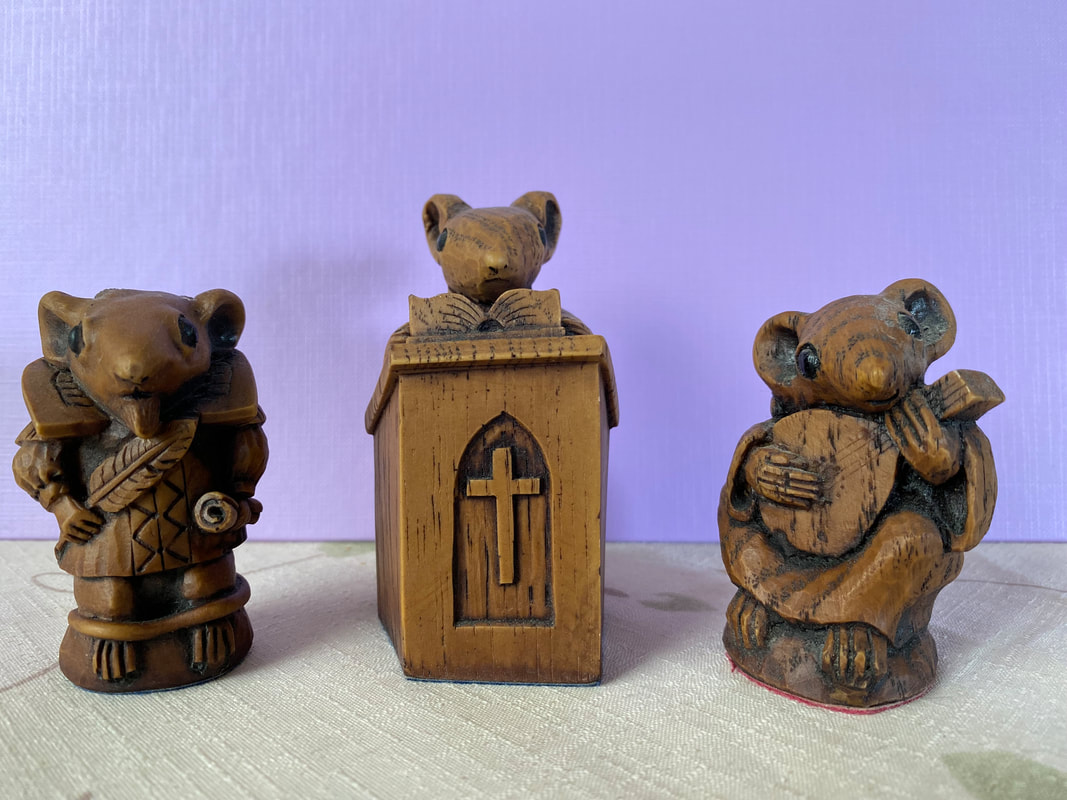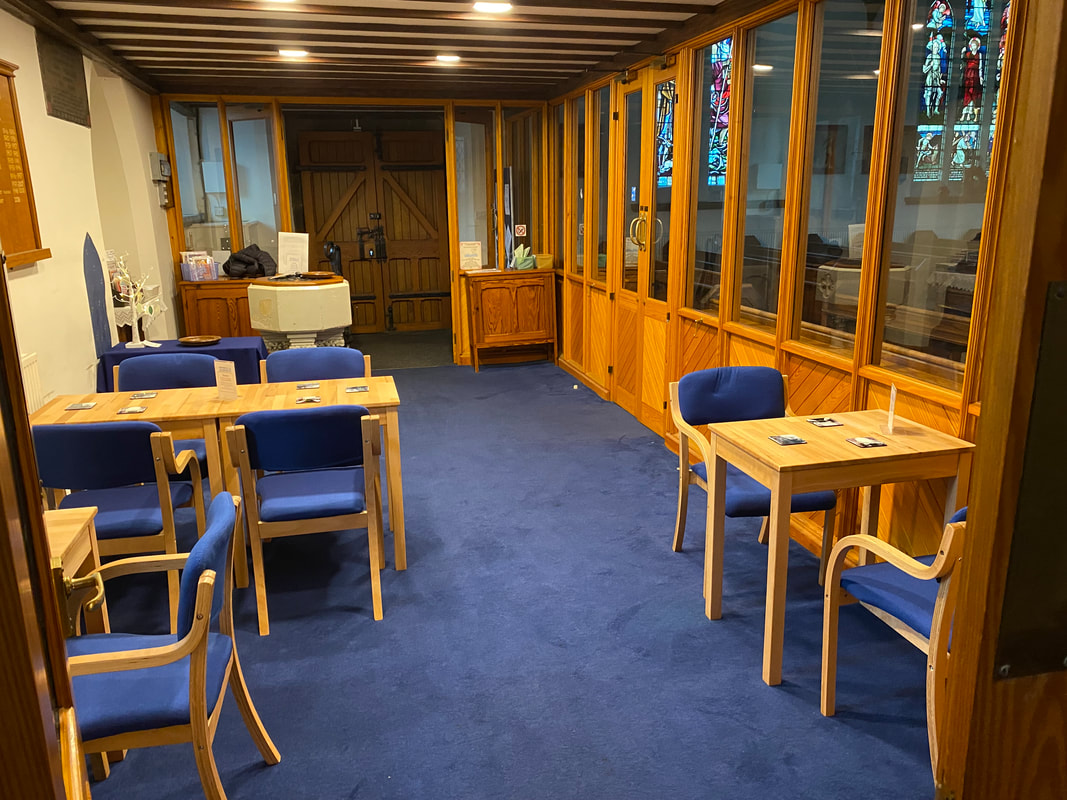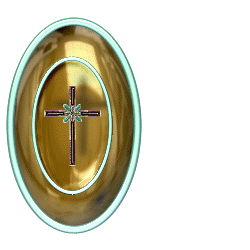“Yes, there are those now last who will be first, and those now first who will be last.” (Luke13:30) With those words Jesus challenges our understanding of who belongs and who does not, of who is deserving and who is not.
We British are said to be known for our patience when queuing. Perhaps that patience might have been tested more in recent times as people join long queues for passport control. Certainly, there is a tendency to get very annoyed if people jump queues, because it just doesn’t seem fair. Those who are first in the queue are expected to be first served and those further back will have to wait their turn.
Being first is usually something that we think should be awarded on merit. What kind of outrage would it cause if the gold medal that should have been awarded to the winner of a race went instead to the third in line or to the last? What if the highest post in a company or the most responsible position in the country were to be awarded to anyone other than the most competent? Perhaps I had better not take that one any further!
So that saying of Jesus might seem a bit challenging in any of those contexts. But Jesus is speaking about something different. At the beginning of that gospel passage, Jesus is asked whether only a select few will be saved. His reply suggests that it is something difficult: “Try your best to enter by the narrow door because, I tell you, many will try to enter and will not succeed. He then goes on to suggest that some will knock on the door and will be turned away. Although they had shared in the Lord’s company, they might as well have been strangers.
The people Jesus was speaking to were those who would have understood themselves to be the chosen people. If anyone should come first, it would be them. But Jesus has strong words for them. If they thought that being saved from sin and death and belonging in God’s company for eternity was all just a birth right, they needed to have a rethink. There were many among those who saw themselves as first, who were not faithful to God’s ways and who had little regard for many of their closest kin, let alone the stranger. Even the most religious – at times, especially the most religious – saw themselves as part of an elite, but did not reflect the mercy, the compassion and the grace that we see in God. These are the people who were warned that they might just find themselves on the outside, grinding their teeth with rage as others go in before them.
Jesus warns the children of Israel that there would be people from far-off places who might just get there before them. Some of these would have been people they despised or regarded as their enemies. As we know, the gospel message of Jesus was not limited to the original chosen people, but was proclaimed throughout the Mediterranean lands and then much further afield. Coming to faith and being a faithful disciple of Jesus does not depend on where we come from or on any other accident of birth. It depends on our response to God, on the state of our hearts and on our way of living. It would not be a question of how many would be saved – this was not about numbers. The choice is open to every one of us whether to follow or not; whether to repent and to live differently.
Jesus was not necessarily speaking about who would or would not get into heaven. He was addressing a particular issue at that time about who deserved to be part of the company of God’s chosen ones. It really highlights the strange and wonderful work of God’s grace. No one is born more deserving, nor do we even earn it. It is more a question of how we respond to God’s grace. Our decisions do have lasting consequences, so as well as looking at how we live here and now, we also need to be mindful of our eternal destiny.
Jesus speaks about a narrow door and a locked door. But we also know that Jesus comes and knocks on that interior door of each one of us. If you have seen the Holman Hunt painting “The Light of the World”, you may have that image of Jesus with a lamp, knocking at night time on a door surrounded by weeds. Whether we feel worthy or not, whether we consider ourselves first or last or somewhere in between, Jesus invites us. It is his will that the prophecy of Isaiah will be fulfilled, that people from far and wide will be among those who are both called and chosen.
St Ambrose once observed: “He would never come and knock at the door unless he wanted to enter; it is our fault that He does not always enter.”
Lord Jesus, you opened the gate of heaven to us. Your saving death purchased for every person the gift of everlasting life. Protect me from being complacent or negligent in my walk with you and teach me that, although the door is narrow, your presence keeps me safe.








 RSS Feed
RSS Feed